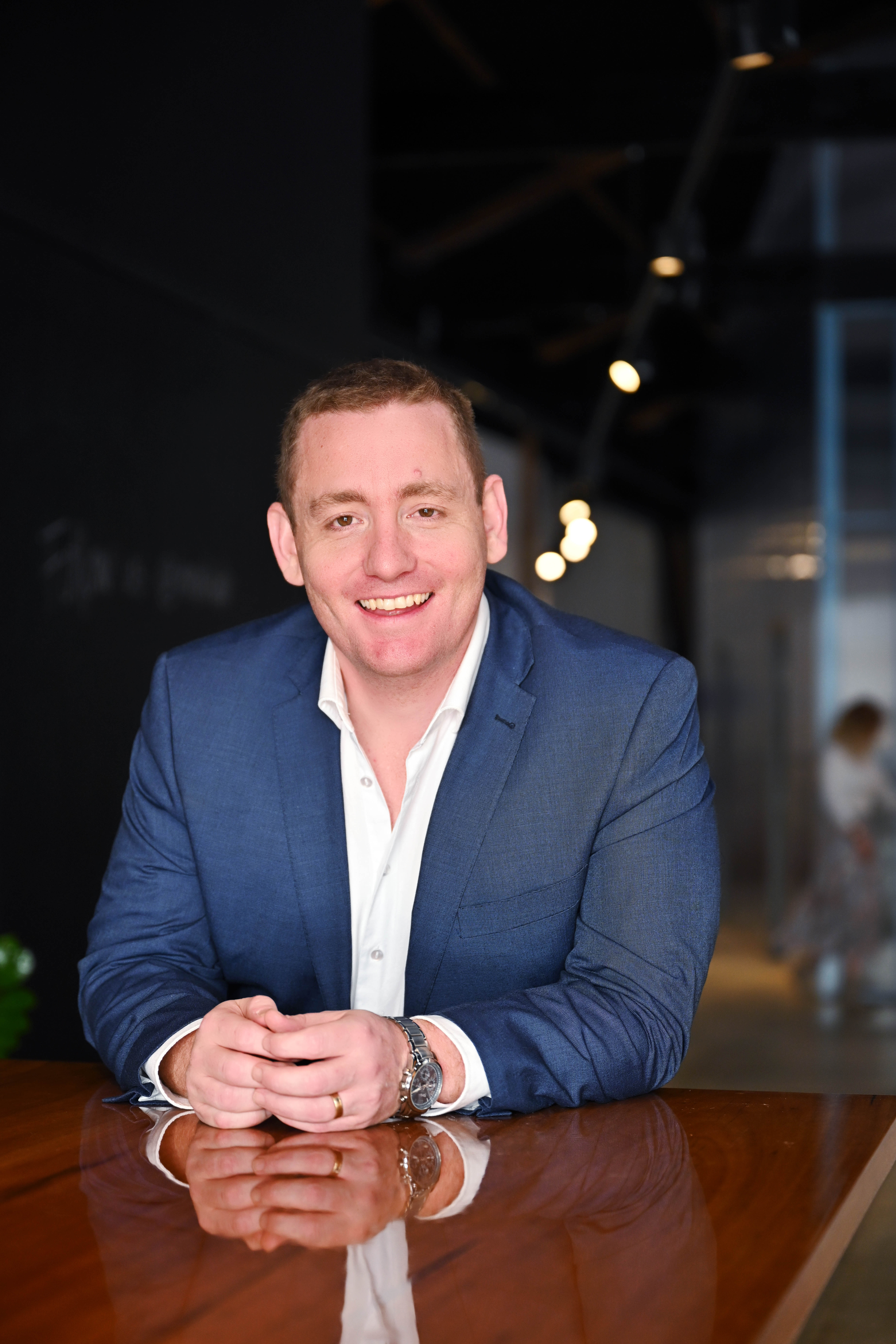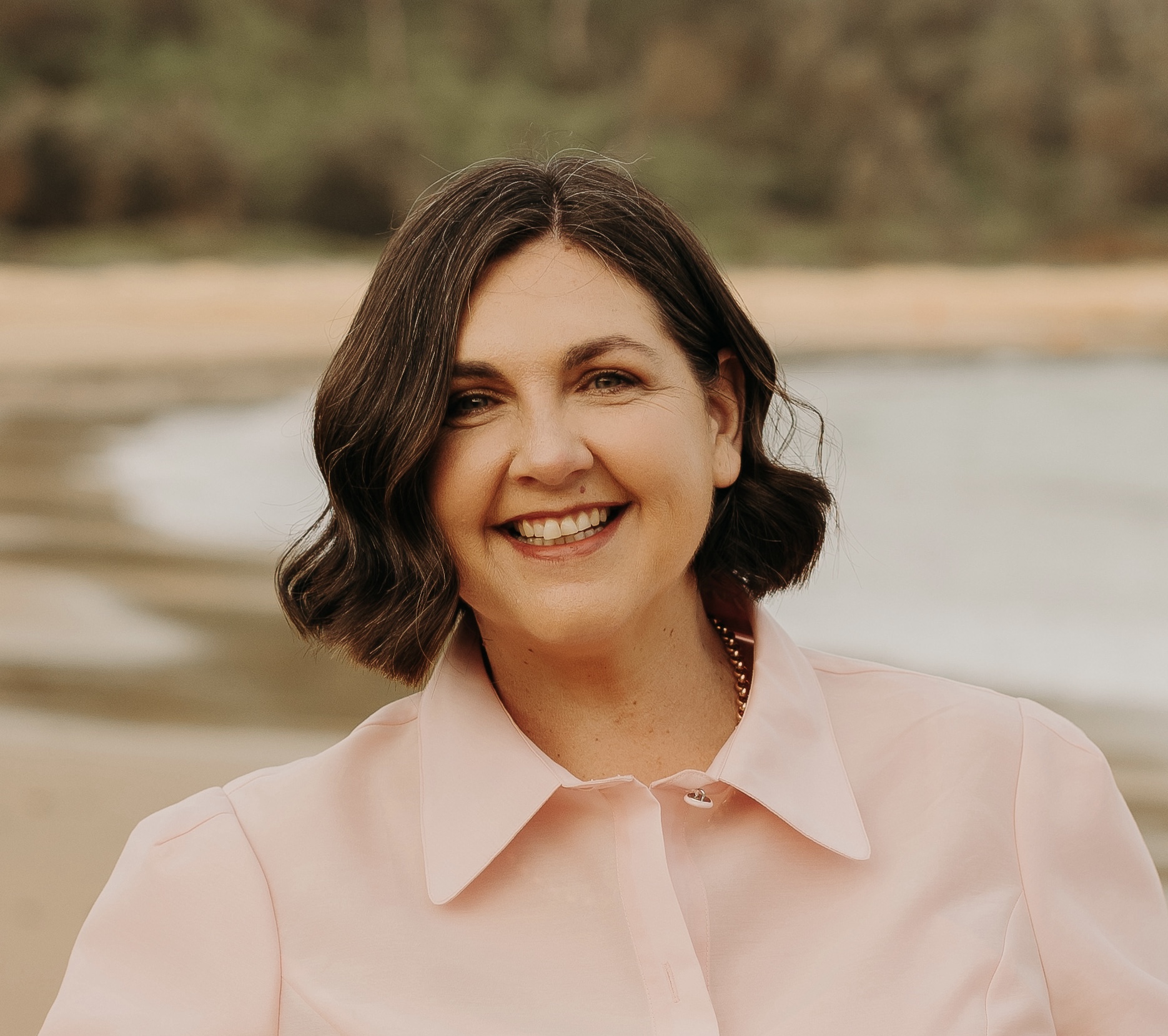Every economic cycle has its strengths and weaknesses, presenting opportunities and threats. Some business leaders shared their insights with the Indigenous Business Review spoke on what Aboriginal and Torres Strait Islander businesses can expect in 2025.
Adam Davids, Managing Director and Founder, First Nations Equity Partners
In 2025, I hope to see more Indigenous businesses servicing the highest spend categories in corporate and government institutions.
Because successful businesses in these sectors represent higher levels of growth and influence and in the long term, I believe they can create the biggest impact in the economy and the community.
In doing so we need to evolve and elevate our thinking from supplier diversity to business diversity. Indigenous businesses shouldn't only be regarded as suppliers but as organisations services the core of the economy.
Research suggests that Indigenous businesses are responsible for generating significant wealth for their beneficiaries and I do believe this is positive, however, we're at a point in time where Indigenous household wealth has not been adequately quantified as it has been for the rest of the population.
What we do know is that according to the ABS, Indigenous Australians earn $0.67 cents to every $1 earned by all Australians, and that Indigenous Australians have less than half of the super fund balance compared to all Australians.
The ABS need to step up and present a helpful dataset for researchers and decision makers to stare into to set bolder ambitions and be more strategic.
In 2025, I think we'll see a greater focus on Indigenous groups and Traditional Owners seek out investment opportunities to bring greater expertise and capacity in their commercial interests.
Investors will need to come to the table in a better way and Indigenous businesses will need to make a clear business case.
Of the top 200 ASX listed companies, there are only four Indigenous Australians who sit on boards. Above all what I hope to see is a thriving and innovative business community in Australia led by the ASX 200.
Adam Davids is proudly of Wiradjuri descent and is also the Chair of CareerTrackers, and Non-Executive Director of Social Ventures Australia. First Nations Equity Partners is 100 percent Indigenous owned and led social enterprise committed to advancing the inclusion of Indigenous Australians in the ASX 200.

Phil Usher, CEO, First Nations Foundation
Looking at macroeconomics broadly in Australia and how that will impact Indigenous businesses, the Australian dollar is low, making it a good opportunity to export, while our dollar is affordable. Products such as Indigenous wines and drinks and art, and an area of growing interest overseas, Indigenous fashion.
The other side effect of a low dollar is an increase in tourism which is already a billion-dollar industry. What can businesses do or prepare for an increase in tourism? What experiences and products can you get in front of tourists coming to Australia?
The Joint Standing Committee on Aboriginal and Torres Strait Islander Affairs Inquiry into Economic Self-Determination and Opportunities for First Nations Australians outlines 22 recommendations for a long-term strategy for economic empowerment, and one of the recommendations is better access to capital.
Banks and organisations need to be creative when it comes to providing capital to Indigenous businesses to either start up or grow. When I say creative, I mean they need to move away from looking at only risks and risk profiles and what assets applicants can put forward since many Indigenous people don't often own homes.
As an example, look at First Nations Capital which is patient capital, rather than just turning a profit in a hurry. Patient capital is long term and considers the social impact and puts money back into community.
The other recommendation is to look at the Indigenous Procurement Policy overhaul and what that might mean. There could be scope changes, or organisations could look at committing four or five percent instead of three percent to Aboriginal businesses.
Finally, a niche. If I owned an Aboriginal business in southeast Queensland, I'd be looking at opportunities surrounding the Olympics. The 2032 Olympics could be a really be good launching pad for a new business or businesses looking to expand.
Phil Usher is a proud Wiradjuri man, born and raised on Gomeroi country. He joined First Nations Foundation (FNF) in 2017 as its treasurer and was appointed chief executive three years later.

Jocelyn King, Chair Person, First Australian Capital (FAC)
I'm feeling optimistic about the future.
Mid-year, we are preparing to launch the Black Excellence Fund which will enable us to offer equity instruments in addition to our Catalytic Impact Fund which offers debt funding.
It's a collaborative approach for businesses that have the ability to scale and return profits. It will be an evergreen fund, so investors who put money in for a minimum of five or ten years will be able to take their money out, and other investors can come in. As the business grows, they will then be able to use debt funding to buy back their equity and those funds can then be recycled to the next generation of First Nations businesses.
FAC is also a member of the First Nations Economic Empowerment Alliance which is in conversation with the Federal Government about an Indigenous economic policy. We need an economic policy to support First Nations people to be economically independent. With economic independence we can close our own gaps rather than having to rely on Government to do it.
It's very exciting, but I have some trepidation because we are coming up to an election, and I'm nervous that new politics could change things.
My caution to business owners is that during a cost-of-living crisis, discretionary items are the first people stop buying. Try to expand, look for opportunities in nature positive spaces, clean energy and carbon - there is a lot of investment going into those areas right now.
There is a risk that there could be changes to the Indigenous Procurement Policy, which makes me a little nervous, especially post referendum – we can't talk about equity in a business world without involving Indigenous businesses and the IPP has been a great lever for participation, but we can't rely on it.
Jocelyn King is a proud Bundjalung woman and chair of First Australians Capital. The mission of First Australians Capital is to invest in Indigenous economic independence and tripling the Indigenous economy by 2031.



